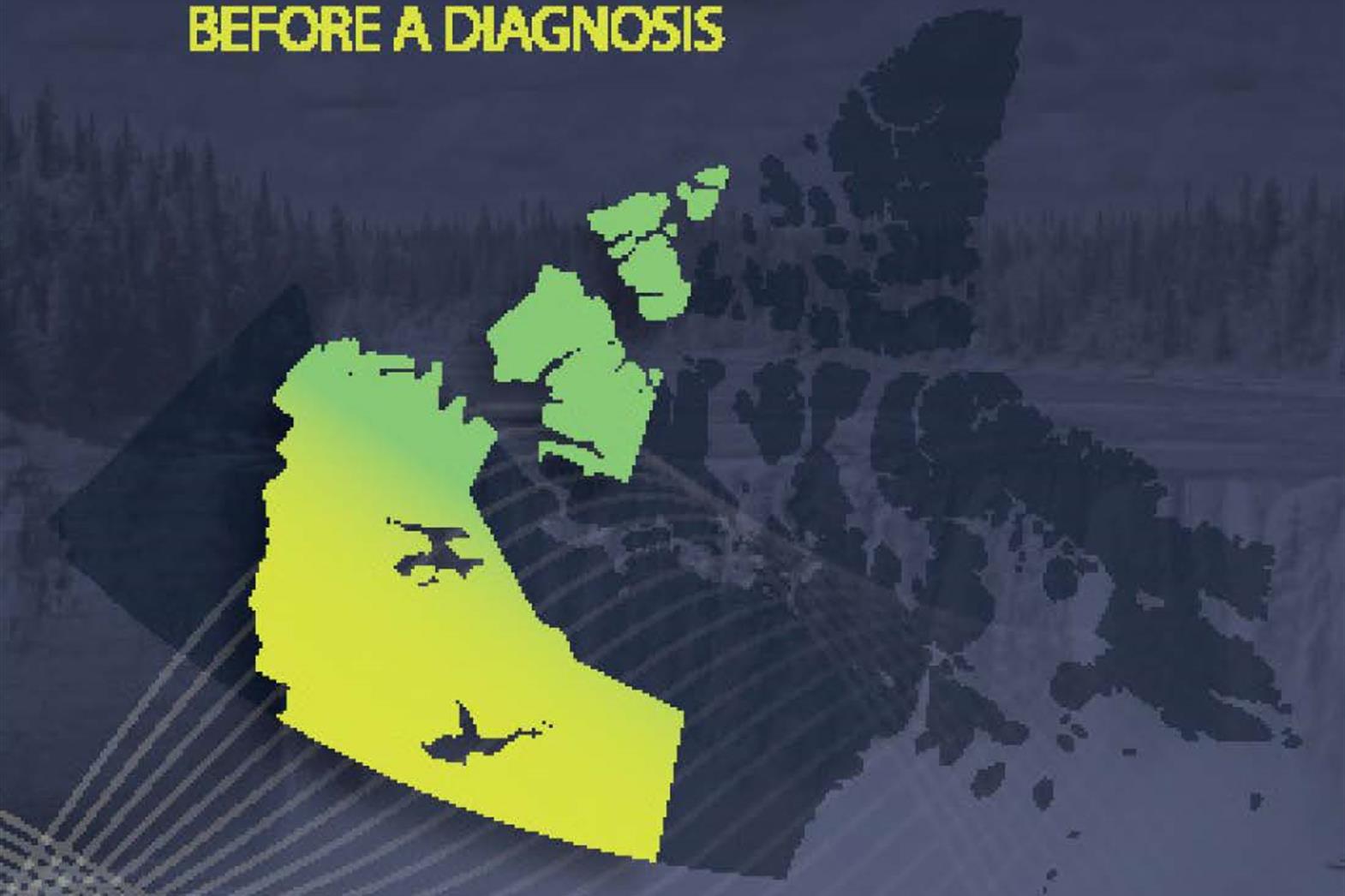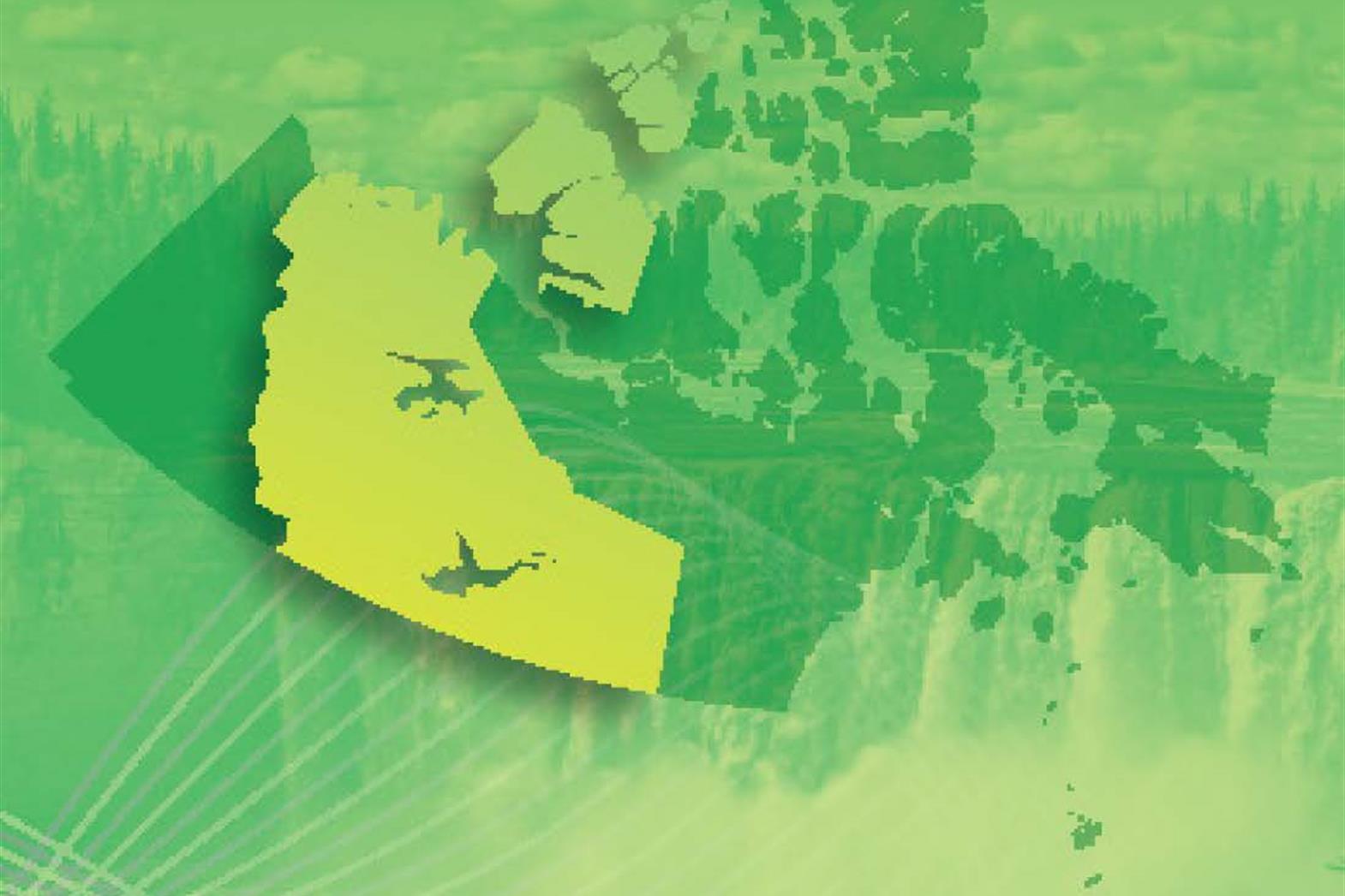AIDE and partners have created many toolkits, webinars and infographics covering a wide range of topics from education, to housing and beyond specifically for this territory, and have curated a list for ease of use, with links and descriptions.
See links below:
Diagnosis
This booklet guides families and individuals through the diagnostic process for autism in the Northwest Territories. It was produced through the collaboration between Autism Yukon.
This booklet is helpful for families and individuals who have recently received a diagnosis and are wondering what services or resources are available to them in the Northwest Territories. It was produced through the collaboration between Autism Yukon.
Funding and Education
This toolkit inventories the autism-related funding, services and support provided by the provincial and territorial governments for individuals older than 18 in the Northwest Territories.
This clickable infographic lists the disability supports available for persons 18 years or older in the Northwest Territories.
Scroll to the NWT section of this toolkit to learn about the education supports and services available in the NWT for students in elementary school and high school.
This page offers a comprehensive look at the autism-related funding, services and support provided by each provincial and territorial government in Canada. Scroll to the NWT section to find the programs available to you.
This toolkit provides an overview of financial assistance available to eligible post-secondary students through their respective provincial/territorial as well as the federal governments. Click to find out about a NWT Grant and National funding
options
Your Rights
Adults living in Canada are used to making decisions about their own lives, whether it be where to live, what to eat, what to wear, or how to spend their money. Canadians understand free decision-making to be one of our basic rights. People
with disabilities are no exception. Generally speaking, Canadian laws presume that people living with disability are capable of making their own decisions, just like everyone else. However, the laws governing decision-making are specific
to each province and territory throughout Canada. While there are many similarities across the country, there are also some key differences. Scroll to the NWT section to find out how consent and capacity law works in your area.
Load more reviews
You've already submitted a review for this item
Comment by
from
Rating
()










